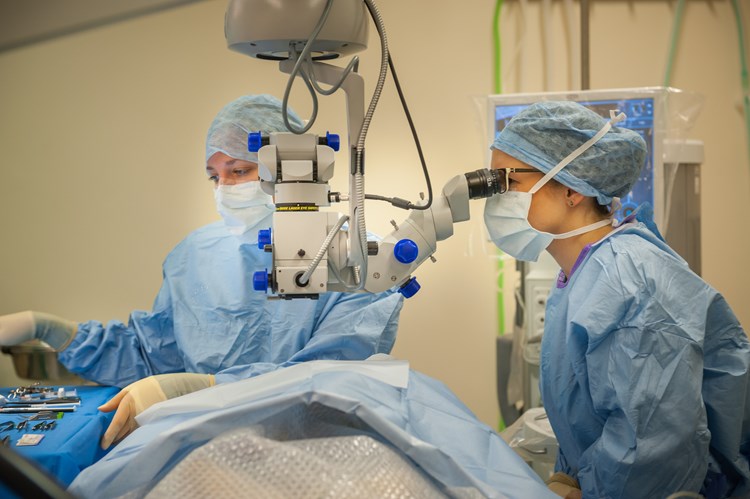
Key Information
CPD Hours: 2 hours
Course Length: Two hours
Course Format: Live webinar with Q&As session
Enrol Now
This webinar will run as a live webinar in 2026 please email cpd@rvc.ac.uk to register your interest
This course may run again in the future. To register your interest please contact us.
Alternatively you can download and email using our Registration Form
Course Information
- Glaucoma, acute blindness
- Melting ulcer
- Lens luxation
- Foreign bodies, corneal laceration
- Blunt trauma
- Proptosis
- Retrobulbar disease
This will run as a live webinar in 2026 please email cpd@rvc.ac.uk to register your interest.
That eye looks gross – help!
Many general practitioners are frightened of eye disease, especially ocular emergencies and often irreversible blindness can be avoided with the prompt and correct treatment approach. This webinar is a case-based approach to recognising and managing ophthalmic emergencies. The focus will be on providing different treatment options, particularly immediate stabilisation.
The most common ocular emergencies in small animals encountered in general practice will be covered in a practical approach. Tips will be given when referral is not possible. Topics covered include medical and surgical emergencies.
Why do this course?
This webinar is a practical guideline for the work up of ocular emergencies. It will give you examination tools to hand to gain more confidence and will provide first line help to manage ocular emergencies.
Christiane Kafarnik , Dr.med.vet PhD DipECVO MRCVS
Lecturer in Ophthalmology
The Royal Veterinary College
Amy Andrews, BVetMed BSc PGDipVCP MRCVS
Resident in Veterinary Ophthalmology
The Royal Veterinary College
Relevant CPD courses you may find of interest
Ophthalmology online - a problem-based approach
Webinar Plus: Management of the small animal trauma patient: Part 2
Webinar Plus: A coaching approach to line management and leadership in the veterinary workplace
Webinar Plus: Master how to thrive (not just survive) in veterinary practice
Webinar Plus: Overcoming challenges to communication in practice

